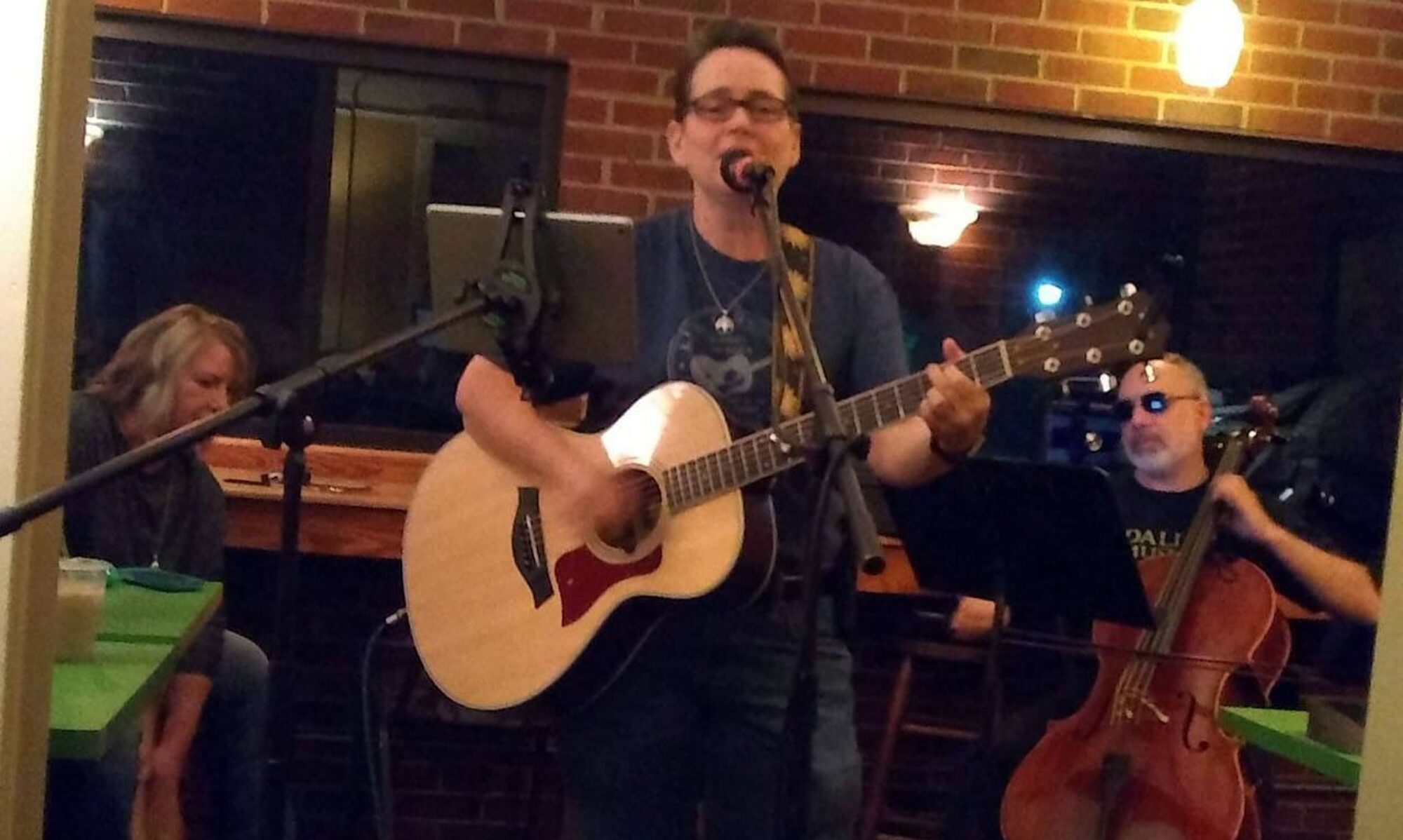Lesson 31: I am not the victim of the world I see.
Pick up any newspaper, visit any news site, heck, spend five minutes on Facebook, and you’ll find a lot of victims in this world. Everyone feels victimized by something whether it’s the government, their family, their friends, their enemies, their leaders. Some even feel victimized by technology and impersonal algorithms.
The ego loves for us to think we’re victims of somebody or something. If we feel that way, we’ll project our pain and blame out into the world, which creates more feelings of victimization and often makes us feel downright smug, seeing others who are far more victimized than we believe we are. Or the opposite – we feel that our suffering is worse than others.
It’s easy to find evidence out in the world that we’re all victims of something, which is why today’s lesson begins with the outside world, advising us to look around us and repeat, “I am not the victim of the world I see.”
We are then invited to “apply the same idea to your inner world. You will escape from both together, for the inner is the cause of the outer.”
This has been the key lesson for the past few days: What we create out here is the direct product of the thoughts we are creating and dwelling on within. We become victims when we believe that the world around us is unfair and is cheating us somehow. It’s easy to point to culprits out here – but if we can identify the culprits inside – the thoughts of lack, fear and hopelessness the ego keeps us wallowing in and heal them, then the world around us will be healed as well.
The protest around this idea can be loud, though. Look around the world and see the horrors – the wars, the children in cages, the mess the government is making of our lives, how we’re fouling our own nest, and the oppression those around the world continue to suffer. There are so many victims!
The suffering we cause ourselves by building a fear-based world with our collective egos has real consequences in the bodily world. This is not a denial of anyone’s suffering – but it is a call to action to end that suffering by ending the thoughts in our own minds that have created it.
That, too, gets discounted and ridiculed as: “Oh, if we just think happy thoughts, we’ll create a happy world.”
No. Happy thoughts will not create a happy world. Healed people will create a unified world – an enlightened world – a world where separation doesn’t exist.
Marianne Williamson, in her book Return to Love, writes about how difficult it can be to withdraw out judgment of the world because “the guns we need to get rid of first are the guns in our own heads.”
That, my friends, is hard work. If we could lay down the guns within our own minds, every gun outside of ourselves would vanish. We would create a world that didn’t see a need for guns, or violence, or war. No one would be a victim of anyone else if there were no guns inside of our own heads.
It’s not about thinking happy thoughts, it’s about fundamentally changing how our minds work and what thoughts we pay attention to and allow to grow and take root within us. Thoughts of protection, violence, selfishness or greed lead us to create a world of war, lack and fear.
As long as we are the victim of anyone or anything in our minds, we will see victimization in the world. Jesus said we are to love our neighbors as we love ourselves. Jesus knew that we would never love anyone until we loved ourselves first, and the state of the world is a yard stick of how much we have mastered, or failed to master, that task.
I have a lot of guns in my head. I have a gun of fear, a gun of hatred, a gun of despair, a gun of hopelessness, a gun of frustration, a gun of competition, a gun of protection. There’s a whole armory of fear in my head.
Our task, the Course tells us, is not to seek for love, but to remove every barrier we have erected against it. This is what this lesson – and all the others before and those to come – seek to do for us; remove the barriers to love.
For today, we seek to remove the barrier of victimhood – our desire to cling to our own sense of specialness and superiority of suffering. We argue with the seeming reality of feeling treated badly by someone or something and we generate more fearful and hopeless thoughts in the world.
Stop, just for a few minutes today, and say, “I am not the victim of the world I see.”
If you can truly believe that, even if just for one moment, the world will be healed.
Hafiz sums it up this way:
Once
a young woman said to me,
“Hafiz, what is the sign?
of someone who knows God?”
I
became very quiet,
and looked deep into her eyes,
then replied,
“My
dear, they have dropped the knife.
Someone who knows God has dropped
the cruel knife
that most so often use upon their tender self
and others.”
Photo by Pexels

